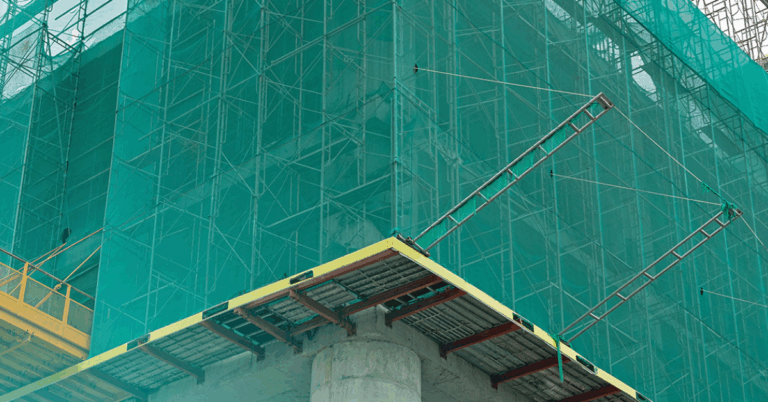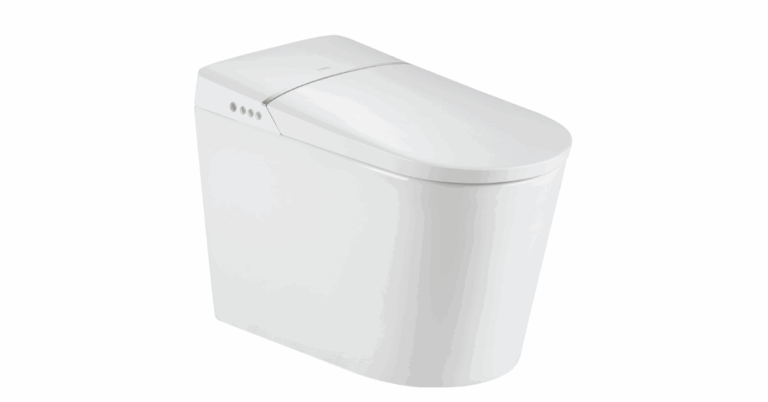What is Commercial Real Estate CRM?
A Commercial Real Estate CRM (Customer Relationship Management) system is a specialized software solution designed to help real estate professionals manage client relationships, property listings, deal pipelines, and marketing campaigns more effectively. Unlike generic CRM systems, a commercial real estate CRM is tailored to the specific needs of brokers, property managers, and commercial developers, ensuring better client retention, faster deal closures, and more streamlined operations.
Why Commercial Real Estate Professionals Need CRM
In the fast-paced world of commercial property, maintaining accurate records of leads, contacts, and property interactions is critical. A commercial real estate CRM centralizes this data and provides tools that allow real estate agents to automate tasks, improve communication, and analyze performance. Without a dedicated CRM, many brokers struggle with fragmented data, missed opportunities, and inefficient client follow-ups.
Key Features of a Commercial Real Estate CRM
The features of a Commercial Real Estate CRM can vary by provider, but the most essential functions typically include:
Lead and Contact Management
Track all client interactions, manage leads from multiple sources, and keep detailed profiles with notes, communication logs, and preferences.
Property and Listing Management
Maintain a searchable database of commercial properties including photos, floor plans, pricing, lease terms, and location data.
Deal and Pipeline Tracking
Monitor the status of deals in progress with visual pipelines, stage tracking, and performance metrics.
Email and SMS Integration
Send personalized messages to prospects directly through the CRM, and automate follow-ups and reminders.
Calendar and Task Automation
Schedule showings, reminders, and follow-ups within the CRM, keeping your team on the same page.
Reporting and Analytics
Get detailed reports on sales performance, property demand trends, lead sources, and agent productivity.
Mobile Accessibility
Access CRM data anytime, anywhere, from your mobile device — ideal for agents constantly on the move.
Benefits of Using a Commercial Real Estate CRM
Increased Efficiency
Automating daily tasks like follow-up emails, appointment scheduling, and data entry saves time and reduces human error.
Better Client Relationships
With complete history and data on each client, agents can offer more personalized service and respond to inquiries faster.
Centralized Data
A commercial real estate CRM keeps everything in one place, reducing data duplication and confusion across teams.
Faster Deal Closures
Having real-time insights into deal progress and client behavior helps agents close deals more efficiently.
Improved Team Collaboration
Everyone from marketing to sales to property managers can collaborate better with a unified platform.
Choosing the Right Commercial Real Estate CRM
When selecting a commercial real estate CRM, consider these key factors:
Industry Focus
Choose a CRM specifically built for commercial real estate, as it will include features and language suited to the industry.
Customizability
Ensure the CRM can be tailored to your business processes, property types, and deal structures.
Integration
Look for a CRM that integrates with your existing tools — like marketing software, email platforms, or accounting systems.
Ease of Use
A steep learning curve can hurt adoption rates. A user-friendly interface and intuitive workflow are crucial.
Support and Training
Ensure the provider offers onboarding, support, and documentation to help your team get the most out of the CRM.
How Commercial Real Estate CRM Helps Close More Deals
A Commercial Real Estate CRM gives agents a competitive edge by allowing them to act on leads faster and more effectively. With lead scoring, behavioral tracking, and email automation, the CRM can notify agents when a client is most likely to engage, leading to better timing and higher conversion rates.
Moreover, by analyzing past deals, the CRM can provide insights into what types of properties and clients are most profitable, helping agents prioritize their time and resources wisely.
CRM for Different Types of Commercial Properties
Whether you specialize in office spaces, industrial facilities, retail units, or multifamily buildings, a commercial real estate CRM can be adapted to suit each property type:
-
Office Leasing: Track tenant renewals, lease expirations, and space requirements.
-
Retail Real Estate: Manage location scouting, franchise expansions, and zoning data.
-
Industrial Warehouses: Record logistical details like ceiling height, loading docks, and transport access.
-
Multifamily Housing: Monitor rent rolls, vacancy rates, and tenant communication.
How to Implement a Commercial Real Estate CRM in Your Business
Implementing a new CRM may seem daunting, but the process can be broken into manageable steps:
-
Define Goals: Know what you want to achieve — better lead tracking, faster deal closures, improved communication, etc.
-
Choose the Right Software: Evaluate different CRM options based on features, usability, and support.
-
Train Your Team: Ensure all team members are trained and comfortable with the system.
-
Migrate Data: Import contacts, listings, and deal histories into the new CRM.
-
Set Up Workflows: Automate follow-ups, notifications, and recurring tasks.
-
Monitor and Adjust: Use analytics to refine your strategy and get the best ROI from your CRM.
Frequently Asked Questions (FAQ) about Commercial Real Estate CRM
What is a Commercial Real Estate CRM?
A commercial real estate CRM is a software tool designed to help agents, brokers, and firms manage relationships, properties, and transactions more effectively in the commercial real estate sector.
How is a Commercial Real Estate CRM different from a regular CRM?
Unlike general CRMs, commercial real estate CRMs offer features like property listing management, deal tracking, lease timelines, and industry-specific analytics, all tailored to commercial real estate workflows.
Who should use a Commercial Real Estate CRM?
Brokers, property managers, leasing agents, and real estate investment professionals can all benefit from using a commercial real estate CRM to organize and optimize their operations.
Is a Commercial Real Estate CRM suitable for small agencies?
Yes, many CRM platforms are scalable and offer plans for small teams. A commercial real estate CRM can help small firms compete with larger ones by improving efficiency and client service.
What is the cost of a Commercial Real Estate CRM?
Pricing varies by provider and features. Some platforms offer per-user pricing, while others charge a flat monthly fee. Expect to pay anywhere from $25 to $200+ per user/month depending on the functionality.
Can I integrate a Commercial Real Estate CRM with my website?
Yes, many CRMs support website integration, allowing you to capture leads directly into your CRM from contact forms or property inquiries.






